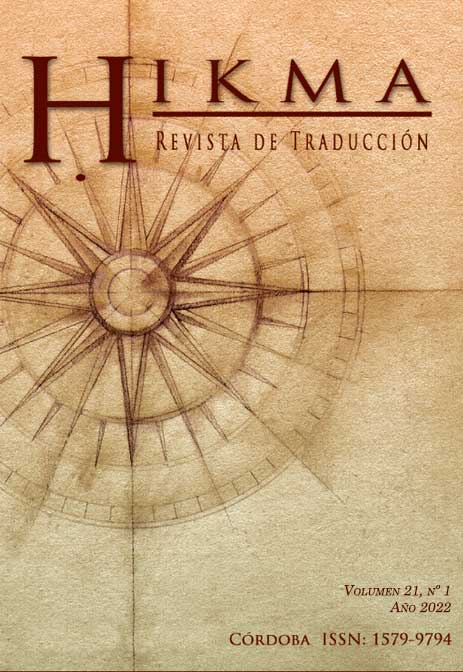Looking through the Lens of Bourdieu: A Corpus-based Study of English Romance Fiction Translation Concerning the Translation Strategies of CSIs
Main Article Content
Abstract
Translatorial habitus is a key term incorporated Bourdieusian sociological concept of habitus and Translation Studies’ translation norms. In light of Bourdieu’s theoretical model of sociology, this study sought to address the translatorial behaviour of the Iranian translators of English romance novels in terms of the translation strategies of Culture-Specific Items (CSIs) before and after the Cultural Revolution of 1980 in Iran. 4282 sentences containing CSIs were obtained from Rebecca, Sense and Sensibility, the Great Gatsby, and their two Persian translations. Based on how each CSI was translated, they were grouped under one of Liang's proposed categorization. The frequency and percentages of each procedure were calculated using SPSS software. Moreover, the results were cross-checked with a qualitative analysis of some archived interviews printed in Motarjem [the translator] journal, newspapers, and WebPages. The evidence from this study suggests that there was a clear foreignizing trend among Iranian translators of the English romance novels when translating CSIs not only in the Pre-Cultural Revolution era but also in the Post-Cultural Revolution era. Also, a significant difference between various strategies utilized in the two eras was detected.
Downloads
Article Details

This work is licensed under a Creative Commons Attribution-NonCommercial-ShareAlike 4.0 International License.
Authors who publish with this journal agree to the following terms:
1. Authors retain copyright and grant the journal right of first publication with the work simultaneously licensed under a Creative Commons Attribution License that allows others to share the work with an acknowledgement of the work's authorship and initial publication in this journal.
2. Authors are able to enter into separate, additional contractual arrangements for the non-exclusive distribution of the journal's published version of the work (e.g., post it to an institutional repository or publish it in a book), with an acknowledgement of its initial publication in this journal.
3. Authors are permitted and encouraged to post their work online (e.g., in institutional repositories or on their website) prior to and during the submission process, as it can lead to productive exchanges, as well as earlier and greater citation of published work (See The Effect of Open Access).

